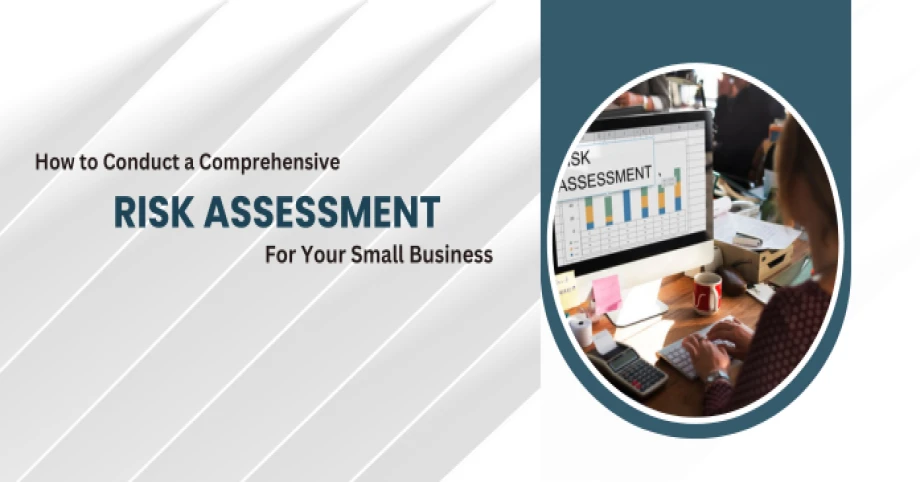
Industry: Audit and Assurance

Risk assessment is essential for small business growth and stability for several reasons:
1. Risk Identification: Identify potential risks that can affect your business goals. Risks can include theft, business downturns, accidents, lawsuits, or data breaches. Document critical risks using methods like:
2. Risk Analysis: Analyze the nature of identified risks to prioritize them and allocate resources effectively. Consider sources of risk, event likelihood, and possible consequences. Use tools like a risk matrix to plot risks based on their impact and likelihood.
3. Risk Mitigation: Combine the results of the first two steps to mitigate identified risks. Strategies include:
MAGAS Auditing Services offers expert advice and practical tips to keep your business safe from danger. Contact us for a comprehensive risk assessment or professional help with risk mitigation.
Annually or when your business risk portfolio changes.
The cost depends on the size and complexity of your business, typically ranging from a few hundred to several thousand dollars.
Prioritize risks with the highest potential to harm your business, such as operational, financial, and compliance risks.
Implement strong internal controls, regularly review them, and audit financial transactions.
Comments